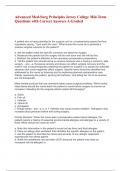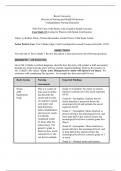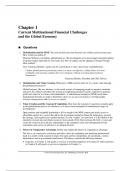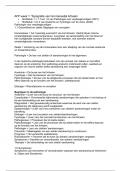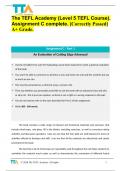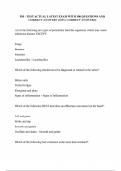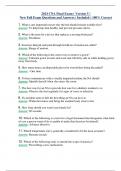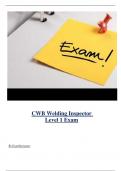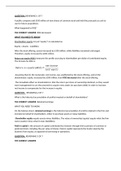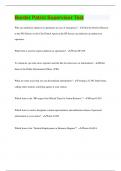Tentamen (uitwerkingen)
Advanced Med-Surg Principles Jersey College Mid-Term Questions with Correct Answers A Graded
- Vak
- Instelling
A patient who is being admitted to the surgical unit for a hysterectomy paces the floor, repeatedly saying, "I just want this over." What should the nurse do to promote a positive surgical outcome for the patient? a. Ask the patient what her specific concerns are about the surgery. b. Reassure ...
[Meer zien]
